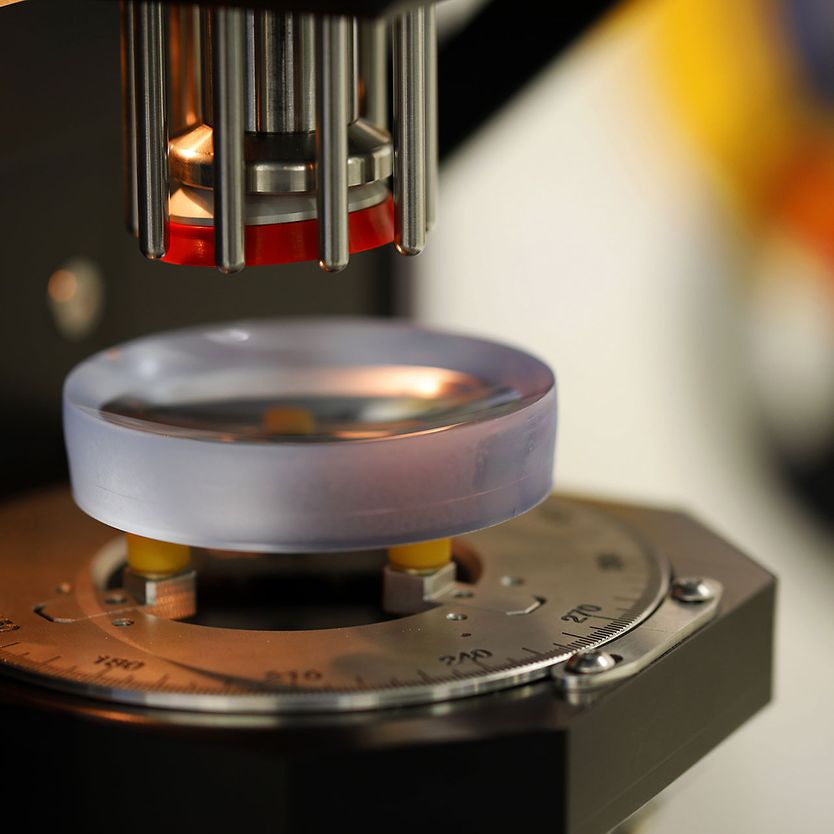Through Eyes on Circularity, our goal is to shift from virgin fossil-based materials to bio-based and recycled materials and embed eco-design in all our innovation developments by 2025. We are also working to reduce significantly the production of waste at each step of our value chain.
We envision a planet where nothing is waste, and nothing is wasted. We see the circular way as the responsible way to do business.
Our climate commitment is deeply intertwined with our circularity goals along our value chain; we leverage sustainable innovation expertise across our materials, processes, products and services while optimizing resources and ensuring high product standards. |
We want to be resource efficient wherever possible by working with suppliers to scout alternative materials with bio-based and/or recycled content. We are also focused on waste management developing internal and external opportunities to recycle scraps and investing in new technologies. With this in mind, we also aim to substantially improve the valorization of our waste. |
We aim to create circular products embedding eco-design principles, from the very start of the innovation process, using eco-design principles. This approach and Life Cycle Assessments (LCAs) are part of the Company’s wider vision of how to integrate sustainability into business and operational practices. We also feel the responsibility to apply a sustainable development model that involves the entire value chain. Since waste plays no part in our vision of the future, circular services are increasingly taking on a leading role in this holistic vision. We focus on expanding products' life cycle and on managing their end of life. We developed a proprietary eco-design tool, Sustainability Assessment Methodology (SAM), for our lens and frames activities, whose main pillars are circularity capability, resources, and process efficiency along with low-impact raw materials to support our R&D teams in having an assessment while designing new products and technologies. In 2024, we strengthen this tool by investing in lifecycle assessments (LCAs) with our partners and ensured that the quantitative assessment of environmental and social impact is aligned with the Product Environmental Footprint (PEF) methodology. | Enabled by the availability of alternative materials, over the years we have been strengthening the usage of responsible materials in our eyewear collections. The switch toward bio-based and recycled materials is becoming the new standard and new brands joining our portfolio adopt them by default in their collections. Our circular approach also extends to packaging, introducing alternative materials and avoiding the use of unnecessary plastics wherever possible. Moreover, we apply circularity principles by engaging and involving our consumers in different phases of the product lifecycle through two different levers: 1) Use for longer: this includes sharing best practices on how to wear, protect and clean glasses properly and offering repair and renewal services in our stores. For example, Ray-Ban launched a brand specific initiative, the ‘Repair & Care Hub’. The in-store available service encouraged customers to take care of their eyewear products by entrusting them to repair experts. It started as an itinerant corner that became permanent in 2024. 2) End-of-life management: we give consumers the possibility to bring unused sunglasses and prescription glasses from any brand back to the store, free of charge, so that we can either revalorize them or donate them for educational purposes in the optometry field. |
We are committed to creating a better, more sustainable future for all. With the above, we are proud to be contributing to the below UN Sustainable Development Goals (SDGs):
- Industry, innovation, and infrastructure
- Responsible consumption and production
- Clean water and sanitation


